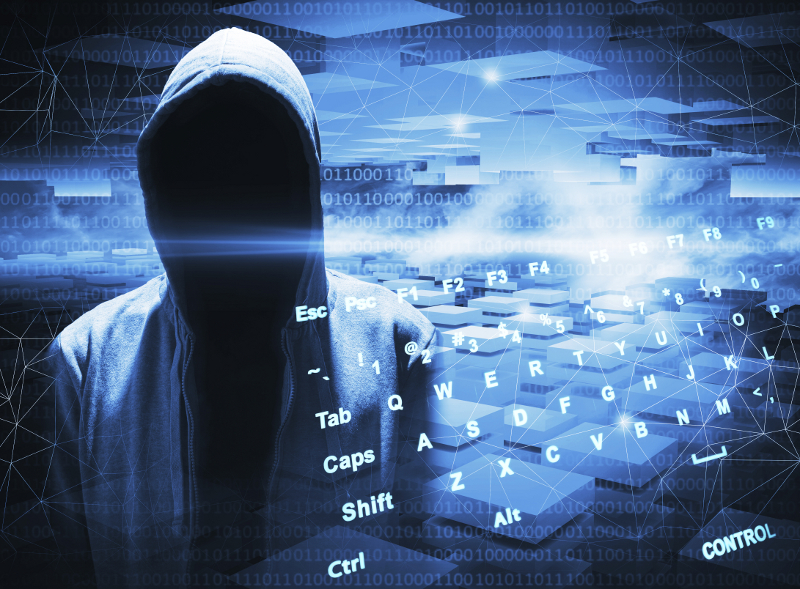You are viewing our site as an Agent, Switch Your View:
Agent | Broker Reset Filters to Default Back to List
Due to the ongoing situation with Covid-19, we are offering 3 months free on the agent monthly membership with coupon code: COVID-19A
UNLIMITED ACCESS
With an RE Technology membership you'll be able to view as many articles as you like, from any device that has a valid web browser.
Purchase AccountNOT INTERESTED?
RE Technology lets you freely read 5 pieces of content a Month. If you don't want to purchase an account then you'll be able to read new content again once next month rolls around. In the meantime feel free to continue looking around at what type of content we do publish, you'll be able sign up at any time if you later decide you want to be a member.
Browse the siteARE YOU ALREADY A MEMBER?
Sign into your accountHow Agents Can Protect Themselves from Email Scams
May 24 2016
 Members of the San Francisco Association of REALTORS® (SFAR) were the targets of a phishing attack last week. Agents received an email that, at first glance, appeared to be from the association and prompted recipients to download a malicious file disguised as an invoice.
Members of the San Francisco Association of REALTORS® (SFAR) were the targets of a phishing attack last week. Agents received an email that, at first glance, appeared to be from the association and prompted recipients to download a malicious file disguised as an invoice.
The message was the latest in a string of phishing attempts aimed at real estate professionals. In fact, just last year, NAR issued a warning against an email scam that attempted to get buyers to wire money to a fraudulent bank account. The Federal Trade Commission and the Better Business Bureau have issued similar warnings recently, as well, and the message is clear: agents need to be alert and on guard.
How to Spot a Fake Email
Even if you're technologically savvy, that doesn't mean you're immune to falling for a phishing attack or email scam. The SFAR email, for example, was a convincing fake, going so far as to "spoof" or make the email appear like it came from the association's servers, thus making it more likely that trusting Realtors would download the malicious file.
So if email scams today are growing increasingly sophisticated, how can agents discern which are real and which are fake? Well, while the SFAR email looked like a convincing fake, there were a couple of "tells" that gave the spammers away. Let's break down what the SFAR phishers did wrong so we can better learn how to spot fake messages in the future.









